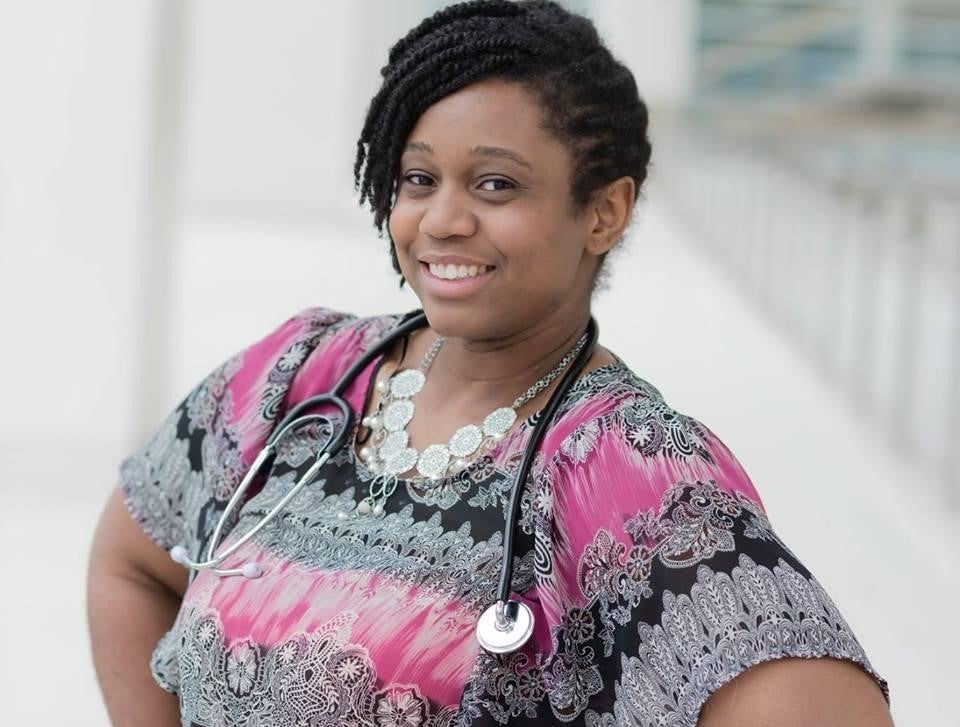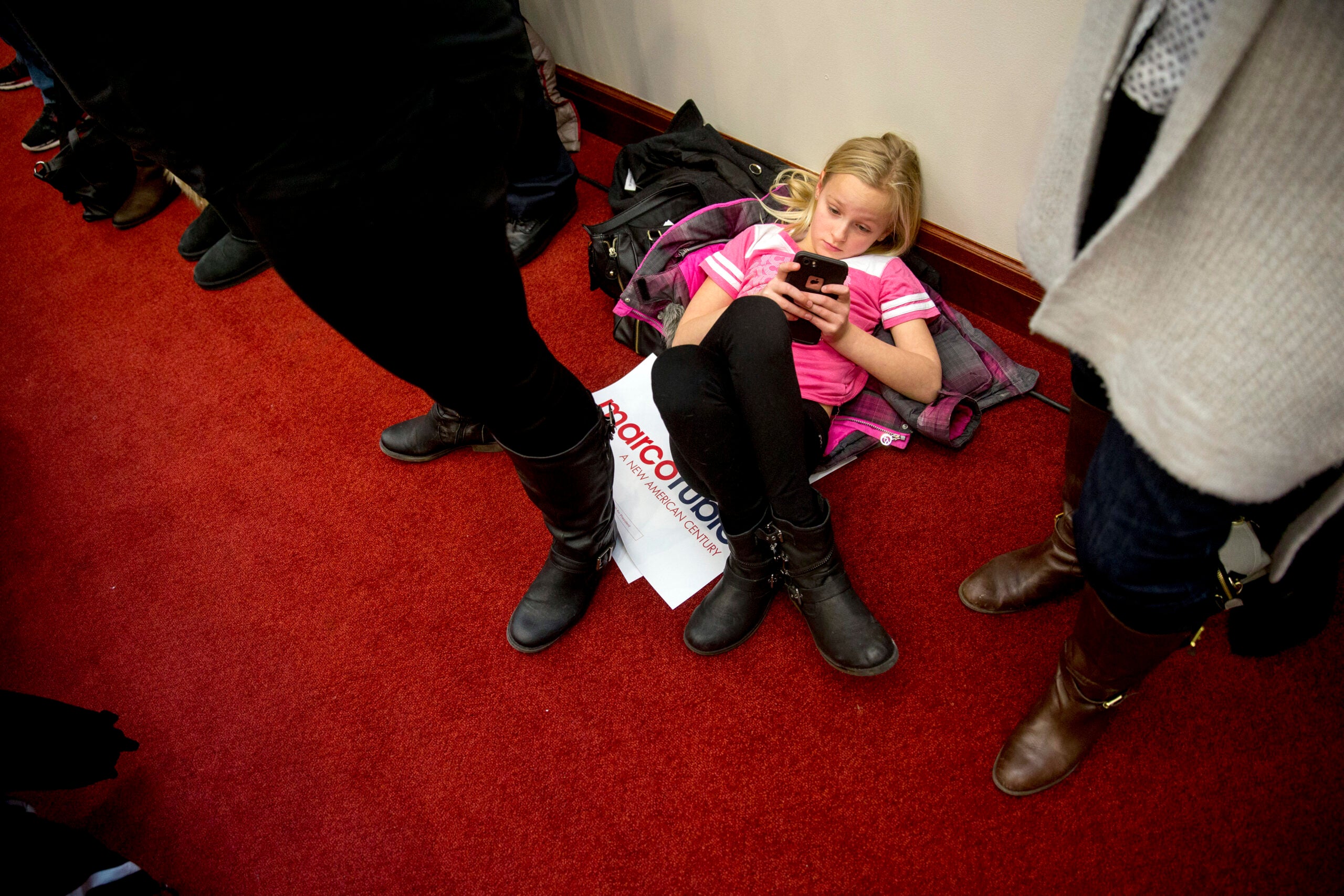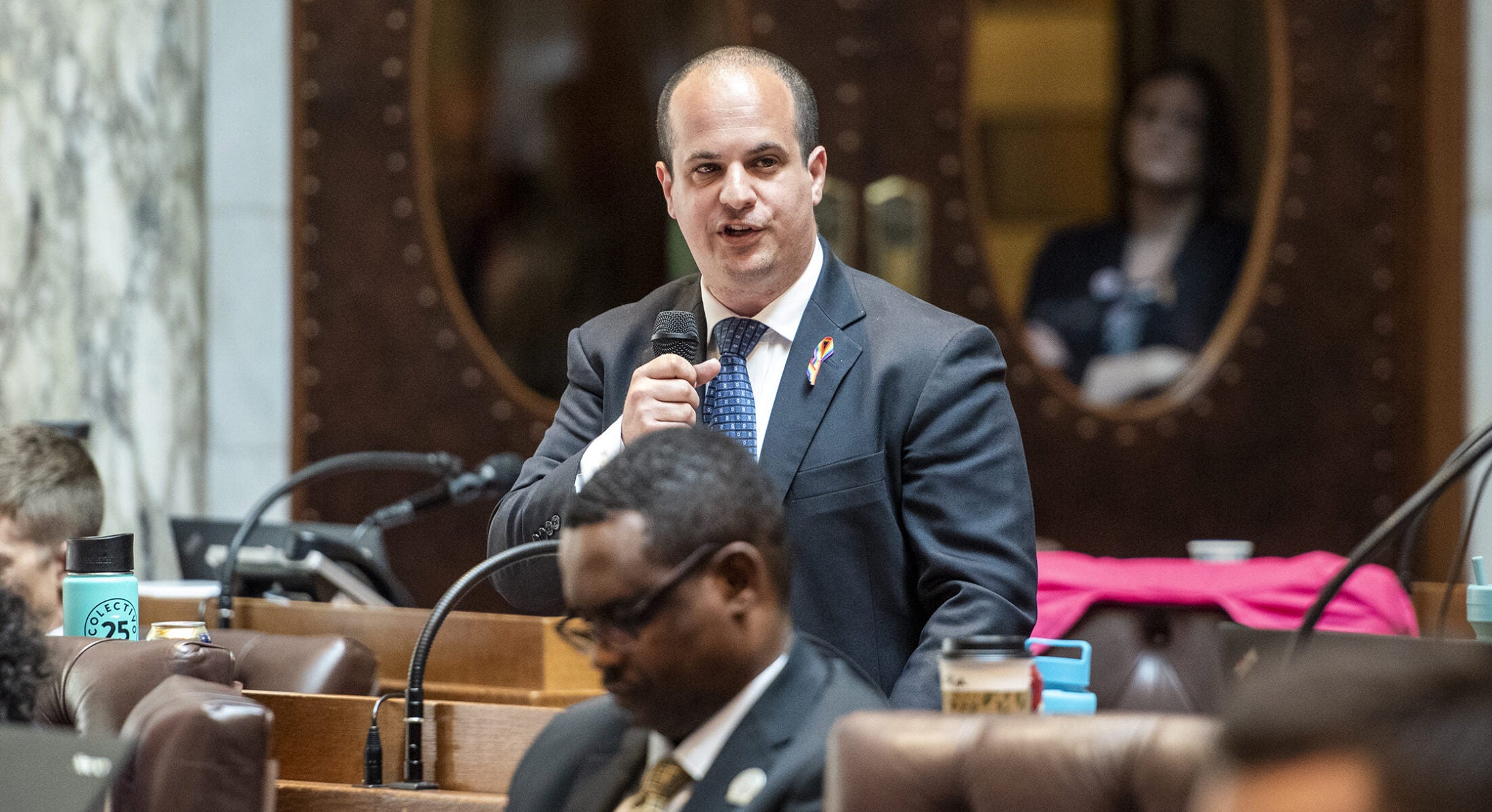A Madison doctor wants adolescent girls to know that they are more than what they see on the outside — true beauty is within.
Dr. Jasmine Zapata, a pediatrician, preventive medicine and public health doctor at UW Health, has been spreading her message across the country as part of her youth empowerment movement, “Beyond Beautiful,” that hosts workshops in cities around the country.
Zapata shared the declaration the whole movement is based on, something she hopes people will remember during difficult days.
Stay informed on the latest news
Sign up for WPR’s email newsletter.
“Today will be a great day, I’ll achieve all I set my mind to, I cannot be stopped. I can do anything I want to because I’m beyond beautiful. I’m courageous, I’m resilient, I’m confident, I’m creative, I am talented, intelligent, unique and innovative. I’m worth it, I deserve it, I am treasured, I am loved and I deserve every blessing that is coming from above.”
Zapata recently spoke with Wisconsin Public Radio’s “Central Time” host Rob Ferrett.
The interview has been edited for brevity and clarity.
Rob Ferrett: What is the problem you see out there that led you to want to tackle this?
Dr. Jasmine Zapata: Oh, so many things that I’ve seen but just briefly, my daughter was premature. I was due Jan. 2, I had her Sept. 20 at only 1.5 pounds. She had many life-saving surgeries … and I’m blessed that she survived.
But when she was about 5 or 6 years old she started getting teased at school for some of her scars. And I’ll never forget she came home really discouraged and defeated just talking about how her scars make her ugly.
I told her your scars make you beautiful, it represents all that you’ve been through. And so I’d talk to her about how the message of true beauty is not on the outside, but it’s what’s within.
RF: Big picture, do we get a message that “this is what beauty is.” This is it. Everything else isn’t it?
JZ: Exactly. When you look at newspapers, when you look at the media there’s so many images of what beauty truly is and it’s really impacting a lot of young women.
RF: Talk about the negative impacts for someone like your daughter.
JZ: I was just doing a sleepover with my daughter and a couple of friends, and one of the young girls is African American and she was talking about getting bullied at school and being teased a lot. And one of the things that came up was that she felt ugly in her skin. She said being black made her feel ugly and not beautiful. And to hear that, that’s just heartbreak … she was about 10 years old.
RF: For a parent in that situation, you hear a 10-year-old kid who feels ugly in their skin. What do you say?
JZ: First, I just acknowledge that feeling, saying, ‘I’m so sorry that you feel like that, but I’m here to tell you that you’re beautiful on the outside. I love your hair. I love your eyelashes. I love your skin. But most importantly that’s not what defines you, what defines you is those things on the inside that people can’t see. You’re courageous, you’re resilient, you’re confident, you’re talented.’
This is so important because those seeds of feeling negative inside or not feeling beautiful, those are seeds that lead to depression and suicidal thoughts. And as a physician, I’ve seen that a lot — young girls coming in with suicidal thoughts or suicide attempts.
RF: How early do we need to start talking to kids about this?
JZ: We need to start talking to kids about this as soon as they can start talking, in their toddler years. The strategy that we use is called positive youth development, an evidence-based strategy to help young people feel empowered and become successful in life. And what it is, is instead of focusing on all that’s happened in their past or the things that are wrong, you focus on what strengths they have. And you really do everything that you can to just uplift and bring out those strengths and really foster them.
RF: You mentioned that for some kids this can lead to depression and thoughts of suicide. What’s at stake when it comes to physical and mental health?
JZ: I’ll never forget the time when I was going through my pediatric training when there was a young girl who had attempted to hang herself. And they found her right before she died and they brought her in.
I was in training at the time, but I was a part of the team helping to revive her, and at that moment I thought to myself, being a doctor is not enough, this is too late. I’m having contact with her too late. What could I have done, or what are things that we can do to prevent this from happening in the first place? There are lives at stake.
A recent report came out that for black children, the rates of suicide has significantly increased over the last several years. And that’s something that we really need to take seriously, we need to do everything that we can to talk about this issue and give protective factors and do positive youth development strategies.
Wisconsin Public Radio, © Copyright 2025, Board of Regents of the University of Wisconsin System and Wisconsin Educational Communications Board.





